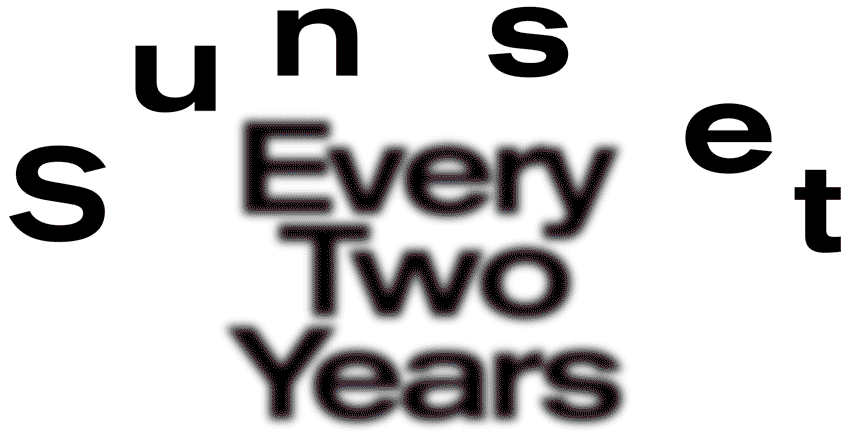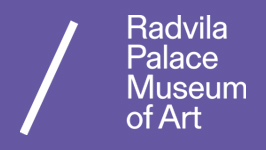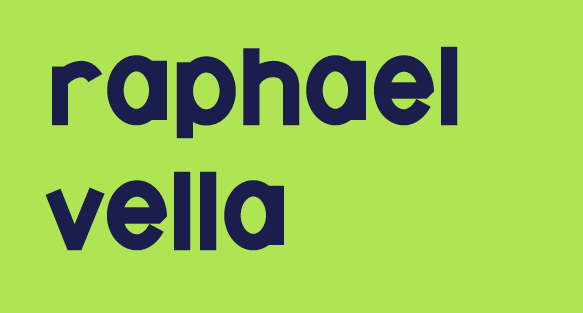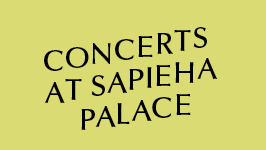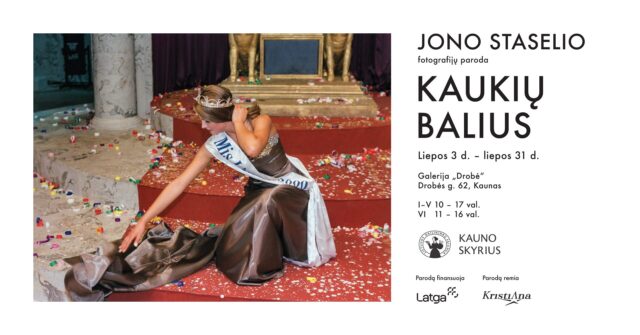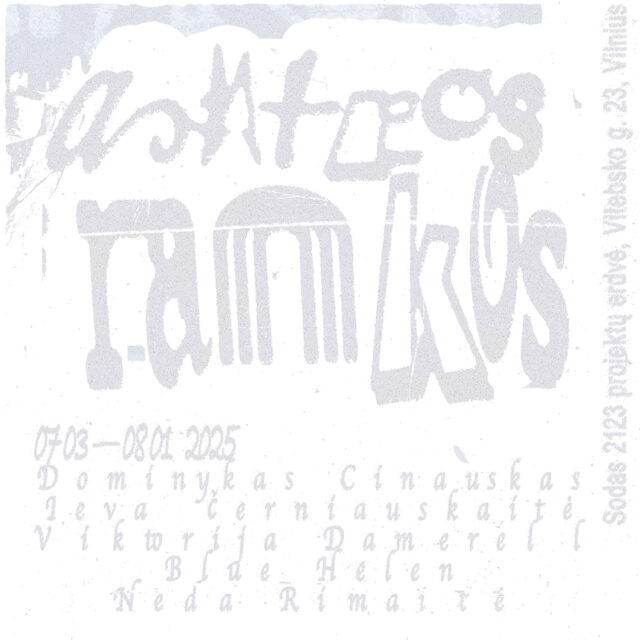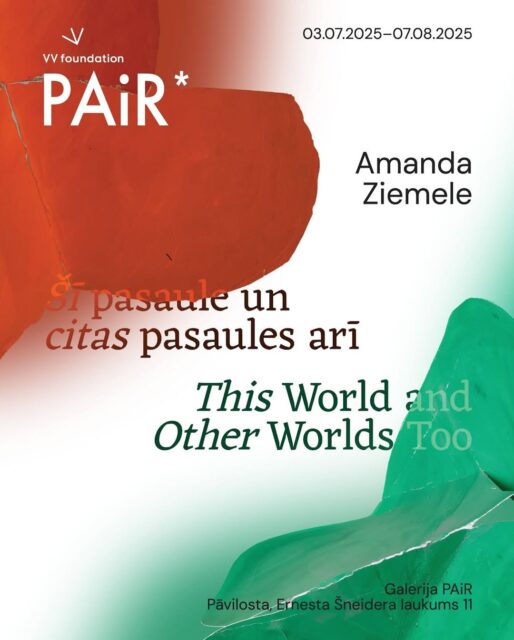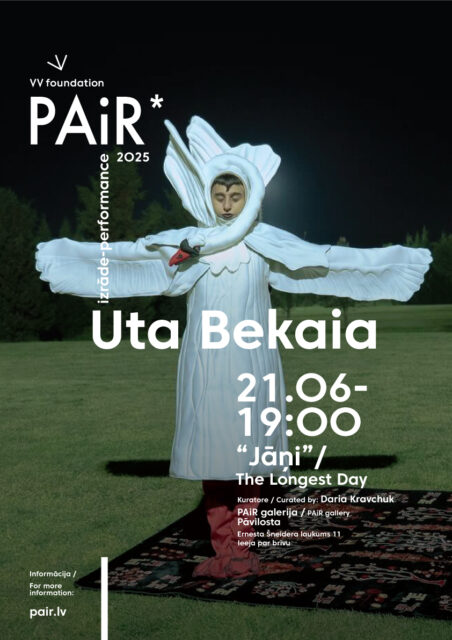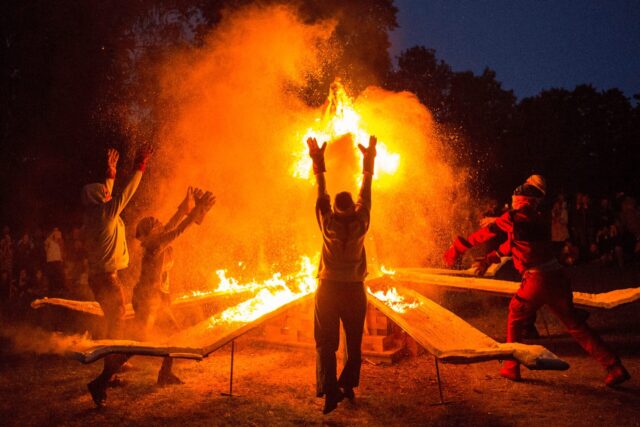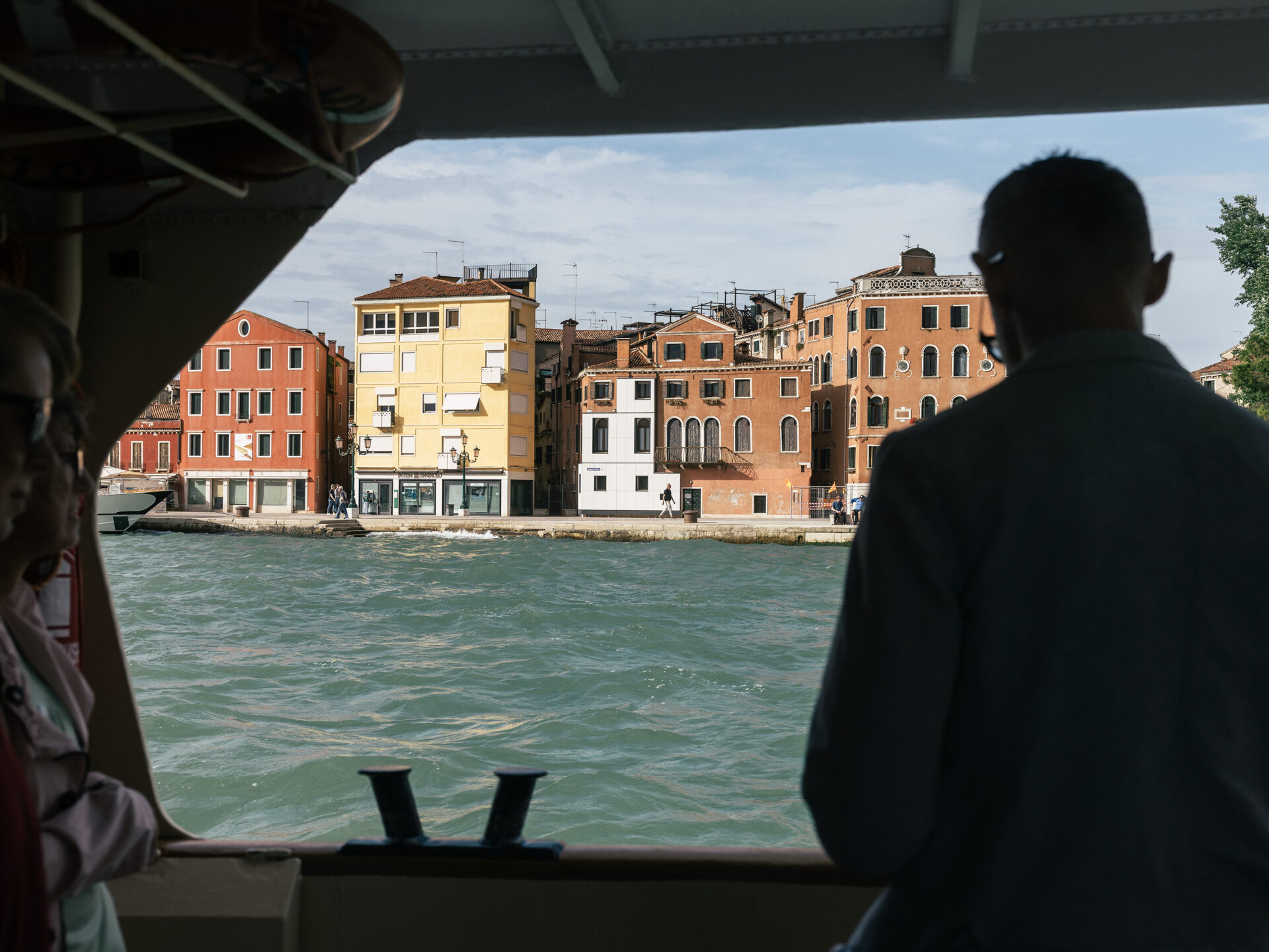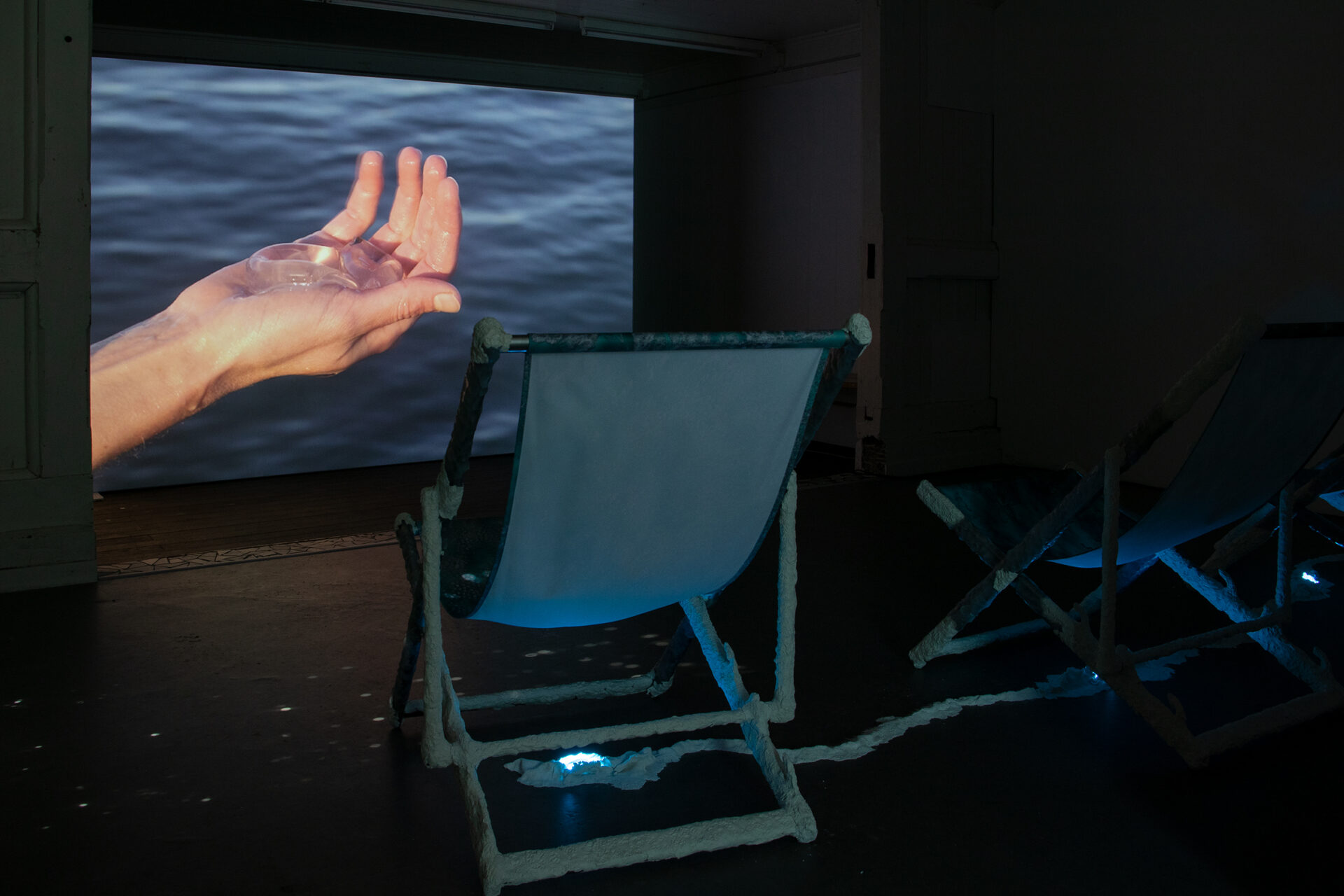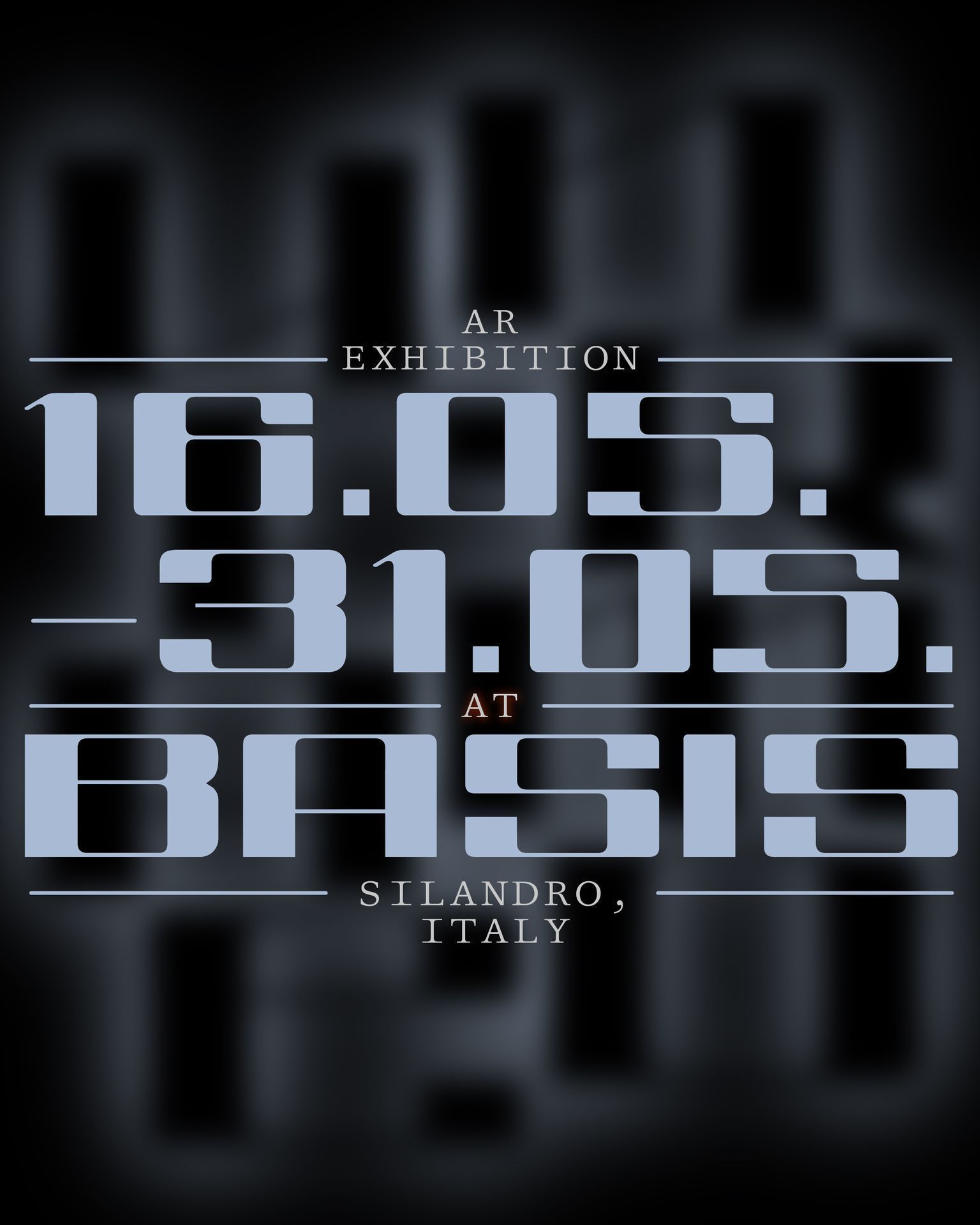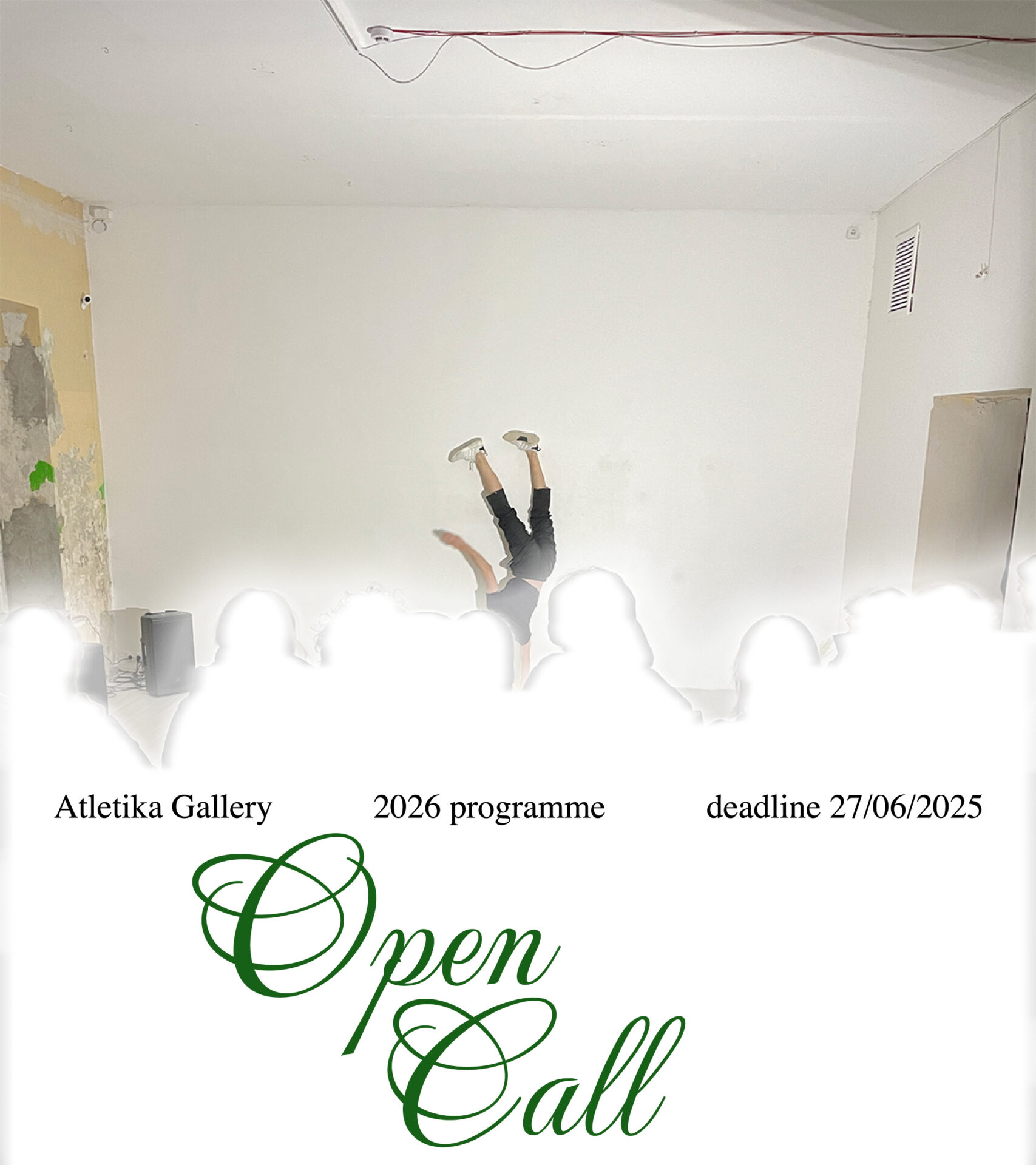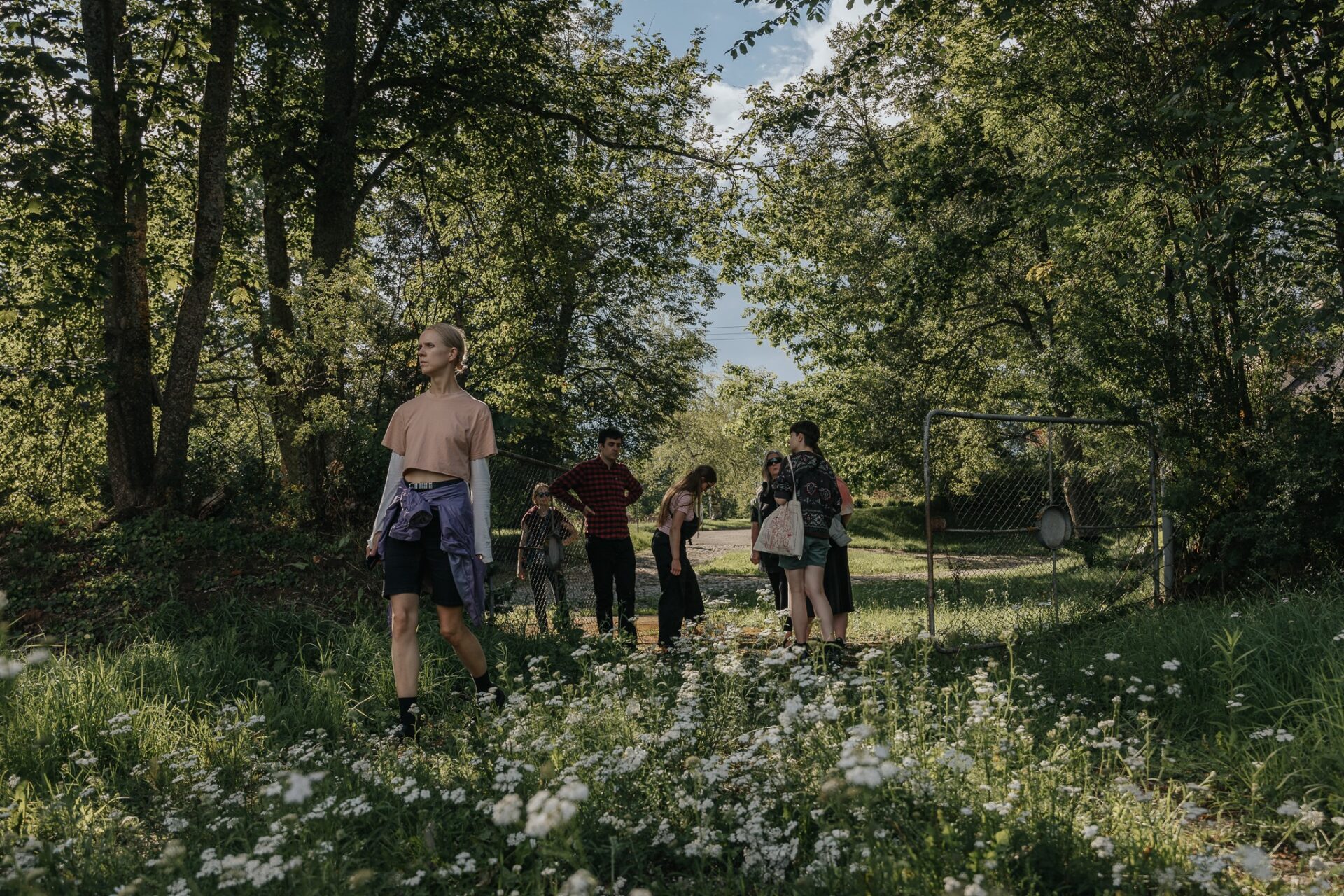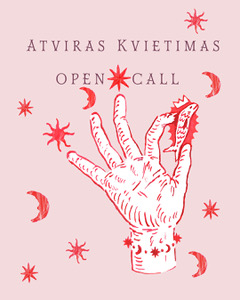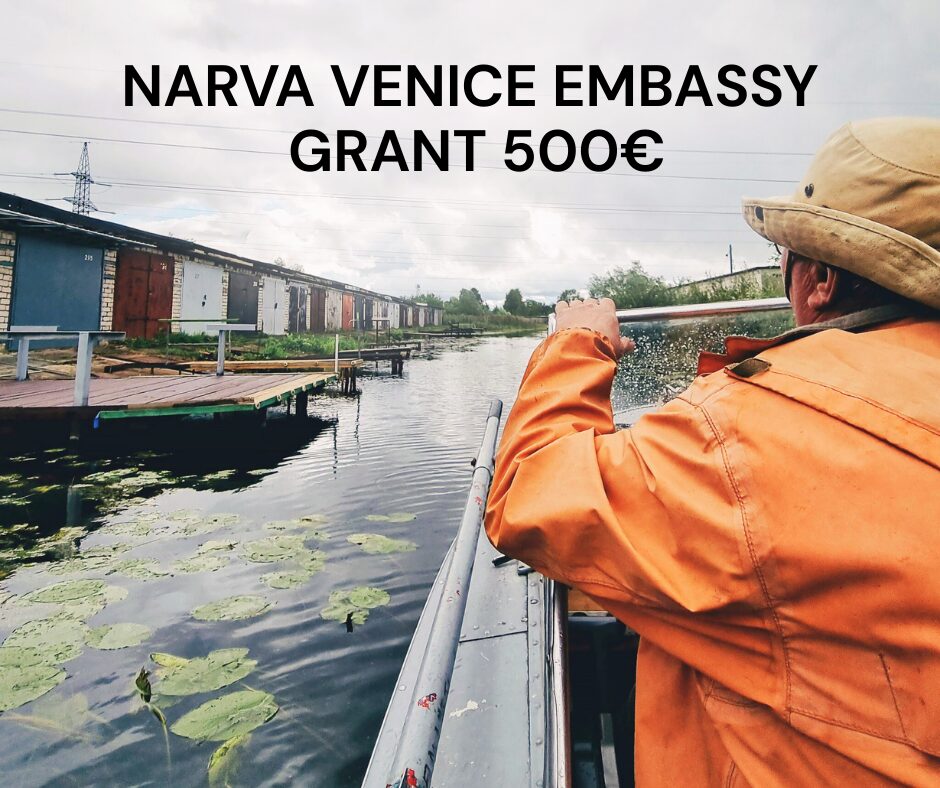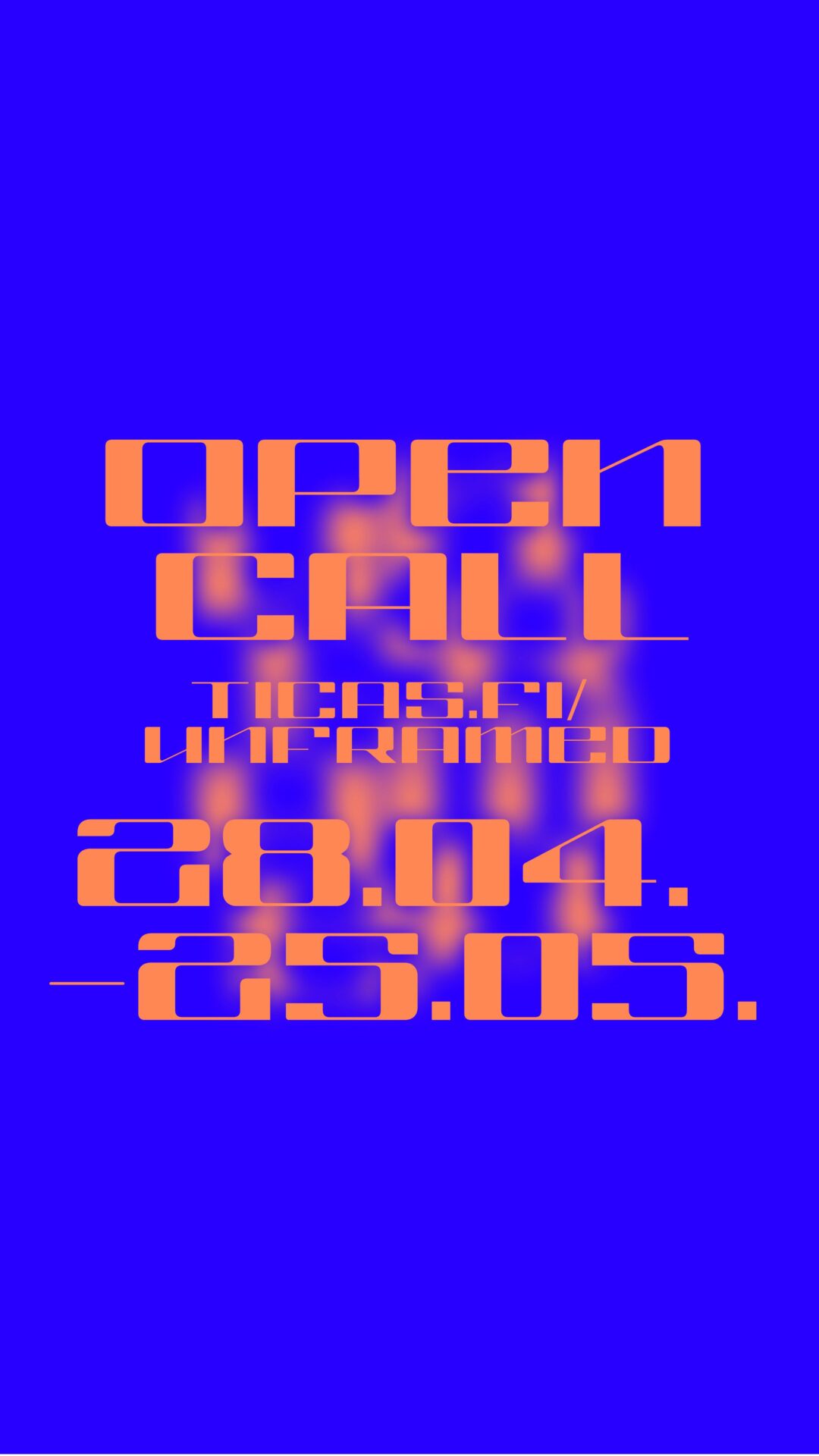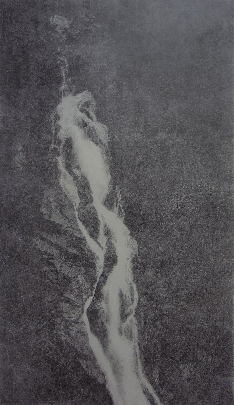 Winding its way over the high, dark cliff wall like a fragile thread is a white vein. Quiet, peaceful, humble and distant. However, viewed close up, the fragile thread strikes the ground with frightening and awesome force. Definite and unwavering. Certain. Residing near a waterfall at Nøkken, its beautiful music is captivating. Impervious to all else, you deviate from your path and go there. Captured. Consumed by water, you slowly sink. However, at the very moment you are about to disappear, you catch sight of the white thread in the distance. Tenuous but powerful in its fragility. Certainty compels you to come to your senses and refuse to drown.
Winding its way over the high, dark cliff wall like a fragile thread is a white vein. Quiet, peaceful, humble and distant. However, viewed close up, the fragile thread strikes the ground with frightening and awesome force. Definite and unwavering. Certain. Residing near a waterfall at Nøkken, its beautiful music is captivating. Impervious to all else, you deviate from your path and go there. Captured. Consumed by water, you slowly sink. However, at the very moment you are about to disappear, you catch sight of the white thread in the distance. Tenuous but powerful in its fragility. Certainty compels you to come to your senses and refuse to drown.(Zane Tuča)
I sometimes observe a peculiar state of fear and anxiety in myself, the kind in which I clearly know that nothing evil can happen to me; regardless of which, strong suspicions of impending dangers continue to trouble me. This could be described as common psychological alarm, but the side-effect that makes it altogether strange is the presence of my rational mind, which prompts me to be aware of, to evaluate and to overcome this anxiety. More often than not, for some reason, rationalization fails to help; if anything, it compounds the sense of alarm.
I am trying to understand whether this state of alarm has been deliberately integrated into Zane Tuča’s new paintings, or whether it is merely a figment of my imagination. Her monochromatic landscapes consume one with their composure, but at the same time humble the viewer. This is because the objects of the paintings – mountain ranges, a waterfall and an immeasurable dirt road amidst a snowy landscape – take one aback with their scope. One wants to attribute characteristics to the sights that one sees and to generate associations with past experiences. On this occasion, one particular association comes to the fore most vividly. One wants to compare the works in the exhibition to deep dark water. Doing so in fear of the unknown or the imponderable that prompt one to behave cautiously; giving each subsequent step careful consideration. Gazing at Zane Tuča’s paintings, one gets the impression that something threatening could emerge from her masterfully composed landscapes, although nothing overtly implies this.
In Germanic mythology, this feeling is reflected precisely by legends about aquatic spirits, which, by assuming various forms and manipulating via their outer appearance, beckon people into deep waters. In Scandinavian folklore, they are known by the name Nøkken. They are also memorably depicted in the works of the Norwegian painter and fairy tale illustrator, Theodor Kittelsen. In a turbid lake, whose surface is camouflaged with water lilies and the reflected silhouette of pine trees, one gets a fleeting glance of a strange foreign body. It has raised its head above water to the degree necessary to espy a holidaymaker or a girl out for a walk. It beguiles passers-by with its enchanting songs in order to subsequently drown them. Whereas in Greek mythology or Romantic Era operas, fantasies are propagated about beautiful water nymphs that spin the hero of the narrative some fateful insight; in Kittelsen’s paintings, water and the beings that reside there unequivocally induce fear and anxiety. Undoubtedly, because their intentions are crystal clear.
It seems as if Zane Tuča feels an affinity to Kittelsen in terms of moods, forms and an ostensibly understated felicity for colour. Painstakingly painted fields imperceptibly meld with the deft impressions of graphite pencil. Something of the aforementioned anxieties also exists in her art, while the indeterminate nature of the works makes gazing at them intriguing. She is deliberately flirtatious through spookiness, without every trying to consciously conjure up, so to speak, an “atmospheric mood” in her works. It is not clear what these works conceal, and it is the realization of this fact that gives them their magnetic power. Ambiguity elicits psychological alarm that is, at once, both depressing and captivating, because one is presented with opportunities to begin to analyse one’s own state of mind.
Zane Tuča distances landscape from trivial understanding of this term. She reduces it to symbolic matter, which one yearns to fill with associations.
Tomass Pārups

